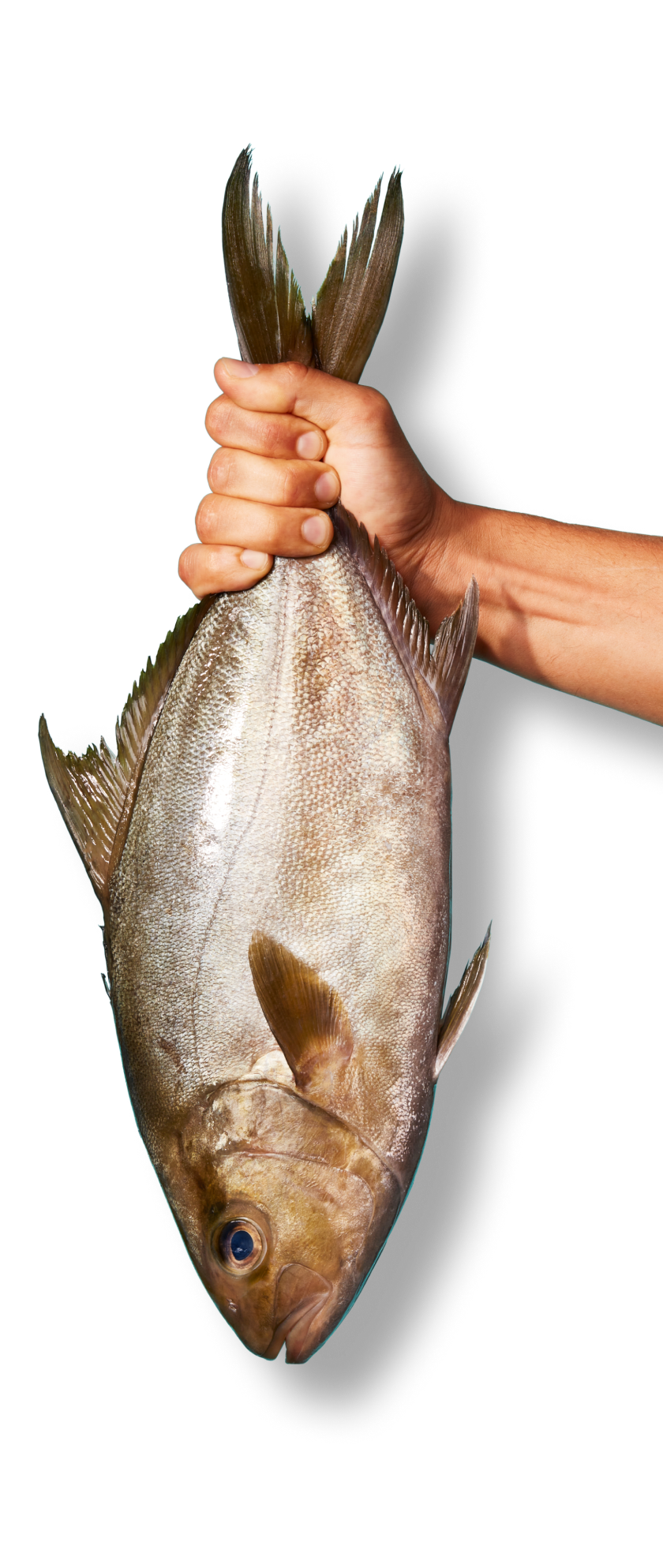Environmental
Footprint
Assessment
Forever Oceans™ partnered with The Nature Conservancy to do a full environmental footprint assessment of our operations in Panama. We are proud of our leadership in carbon reduction, benthic protection, and ocean preservation.
The aim of the assessment was to establish a baseline for the company’s environmental performance and determine the actions required to meet ambitious sustainability goals in the coming years. The carbon footprint for Forever Oceans™ fish is estimated to be less than 93% lower than that for beef. The farm-gate footprint of Forever Oceans™ Kanpachi is estimated at less than 5kg of carbon per kilogram of fish produced, which is less than global average emissions for farmed salmon, and is therefore a comparatively low emissions form of animal protein.
The assessment also confirmed that Forever Oceans™ approach to raising fish is likely to have a negligible impact on the ocean floor—a point of differentiation in one of the key areas of environmental concern for finfish aquaculture.
Highlights
Protein Production accounts for nearly one quarter of greenhouse gas (GHG) emissions.
Forever Oceans™ “farmgate” GHG emissions are estimated at 4.26 kg CO2 equivalent per kg fish… about 10%+ less than salmon.
Forever Oceans™ substantially reduces many of the environmental and habitat issues commonly associated with coastal net pen finfish aquaculture.
By investing in supportive measures such as infrastructure and healthcare, Forever Oceans™ supports the local communities where our farms are located.
Forever Oceans™ is at the forefront of an industry-wide transformation needed to overcome growing threats from the environmental burden of food production.

We Take
Sustainability
Seriously
Forever Oceans™ provides data reports and tools to address the sustainability challenges that often surround mariculture, and these satisfy the requirements of the ASC, the Aquaculture Stewardship Council.
